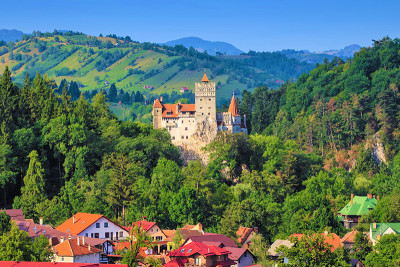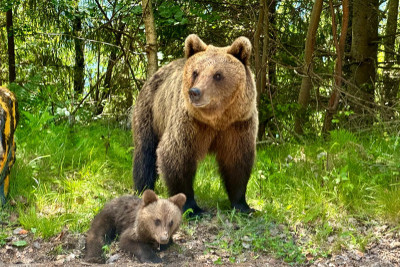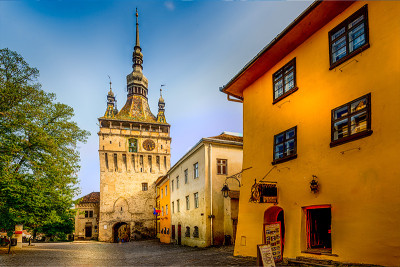You’re planning to travel to Romania during the winter holidays and wondering what to expect over here? Is it going to be too cold? What do the locals usually do? Is there traditionally Christian festivities in place?
This article will provide you with a short guide to the customs and traditions animating the Romanian h
Saint Ignatie’s Day
Ever heard about Christmas pig sacrifices? Unsual as that may sound, the sacrifice of a pig before Xmas is a common tradition in most rural Romanian households. The custom holds that every year on the 20th of December, Saint Ignatie’s Day (also know as simply “Ignat”), a pig should be sacrificed as a symbol of the fading sun before darkness on the winter solstice, the shortest day of the year.
This is an originally pagan tradition now integrated as a Christian holiday, which was originally moved by the good will to feed the sun and help it shine longer. Whilst it might not be quite attractive an event among vegan and vegetarian travelers, the pig sacrifice has now become a celebration of light and life.
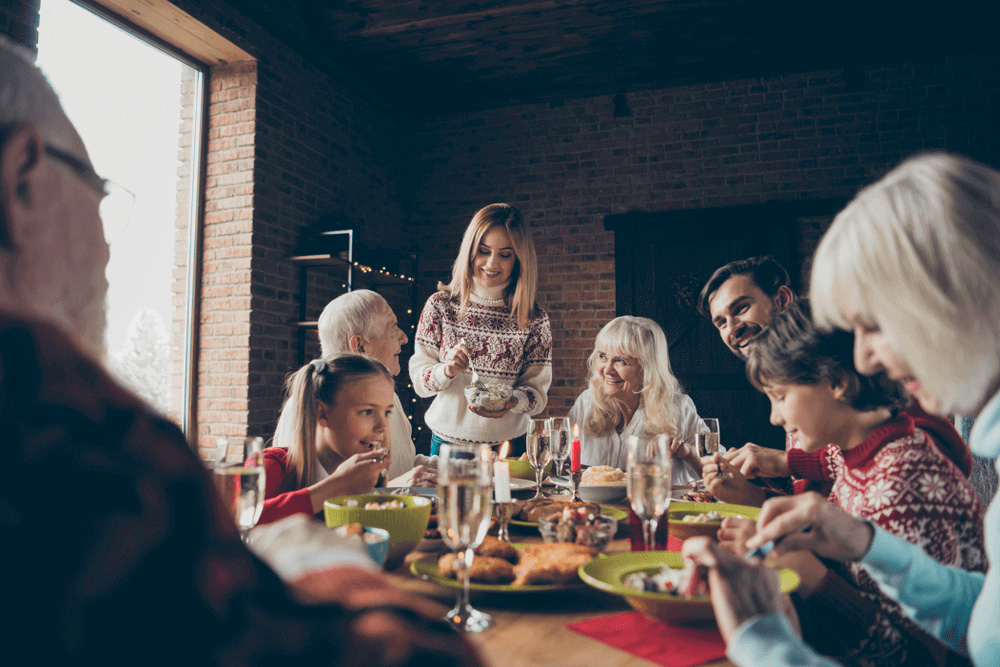
In fact, nowadays, the sacrificing ceremony translates into an opportunity to gather all the family members during the ritual. Whilst men take care of the crudest aspects of the process, women prepare sausages and bacon. What matters at the end of the day is to have a laugh, catch up with the beloved ones and enjoy together some delicious food.
Caroling With The Star
Another traditional festivity is caroling, which in Romania takes a different shape than in any other European country. Namely, the carolers wear traditional costumes made especially for this event and are accompanied by a star.
What for a star? Usually coloured paper on wooden, the star has several corners stretched between chains of coloured paper and has at the center the Nativity icon. It is usually children or younger boys who carry it around whilst wearing bear costumes or white suits with coloured ribbons. As part of the traditional Christian symbolism, the star stands for the guide in the sky that the magi followed on their way to the newly born Jesus.
As tradition wants it, the carolers head on from house to house and once they are granted permission from the hosts, they begin to sing and color the atmosphere with their warm chants. The hosts, from their part, reward them with bread, money, fruit, or even pork meat in some parts of the country.
The Nativity Drama
“Irozii” or the Nativity Drama is a religious song that you might bump into in several places at Xmas Eve. Romanians take very seriously their religious traditions, and this includes commemorative chants and celebrations. In the case of the Nativity Drama, the song aims to celebrate the mystery of the Christian nativity as it unfolded in all its phases.
Namely, the drama hosts the magi, a child, a pastor and King Herod with his soldiers and tells the tales of how Herod attempted to orchestrate the murder of the baby Jesus, which was promptly outsmarted with the blessing of God. Originated in the 18th century in Germany and Hungary, this song arrived in Romania via the Transylvanian Saxons.
To this date, the religious component is accompanied by a profane flare as some representations occur using play dolls in boxes carried by boys. Satire and ridicule have also been introduced in the drama. So, if you are planning to visit Romania during this time of the year, you definitely do not want to miss out on the puppet theatre celebrating this old tradition.
Whilst the language may be a little difficult to follow through, the overall mood and atmosphere will remain at moments hilarious and at others heartwarming.
Regional Holiday Traditions
In Bucovina there is a belief that one should not have borrowed things during the winter. Hence, when Xmas time comes, all the borrowed items are returned to their rightful owners. You heard that right. When Christmas comes you will have to make sure you’re not holding onto someone else’s possessions.
Not even one. If you were wondering when it would be a good time to give back that old pan you borrowed from granny 3 Thanksgiving ago, there you have your answer.
In Moldova, on the other hand, the saying holds that you should not give anything away on Christmas Eve, not even garbage. As odd as that may sound, absolutely nothing is thrown out of the house in this occasion. Not even the tiniest object is allowed to leave the building. But why is that?
The tradition says that this would result in much inevitable bad luck during the entire coming new year. As you plan on spending your winter vacations in Romania, you may want to remember to keep your luck in check by not throwing anything away on Xmas eve! Also not that empty Pringles box.
And as you visit Moldova, you should also remember not to get scared by some big archaic masks you might encounter on the streets. Moldavia’s mask games belong to the agrarian and pastoral tradition and are repeated on occasion of the New Year’s celebration. This centuries old celebration is characterized by an intriguing bear dance.
This represents the most spectacular highlight of the ritual and it symbolizes the death and resurrection of nature during the wintertime. You can expect people wearing bear costumes and tribal masks to honor the life cycle of mother nature. Try not to be astounded by the atmosphere!
Fascinating right? All that’s left now is for you to pack your bags and go experience the rich cultural traditions of winter holidays in Romania. And if you are still wondering about how the weather would feel like, keep in mind that the expected average temperature in December is around 2 degrees, with night lows of -4.
This creates the perfect settings for a cozy Christmas and New Year’s celebration. So pack your heavy jackets and enjoy Romania!
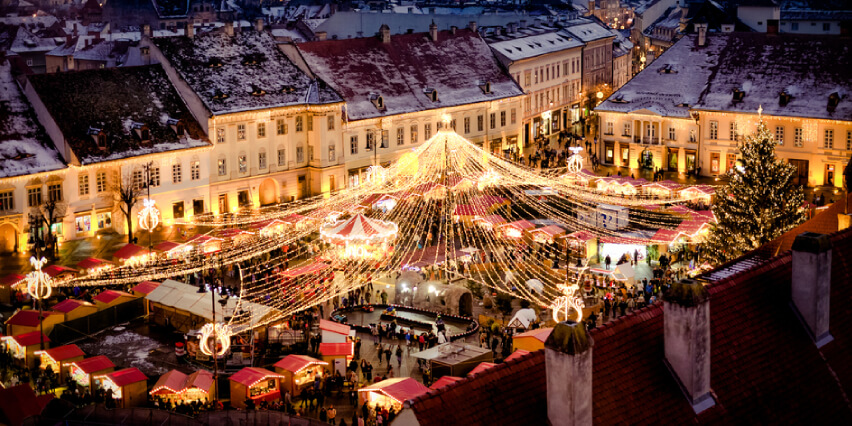
 ES
ES
 IT
IT
 DE
DE
 FR
FR
